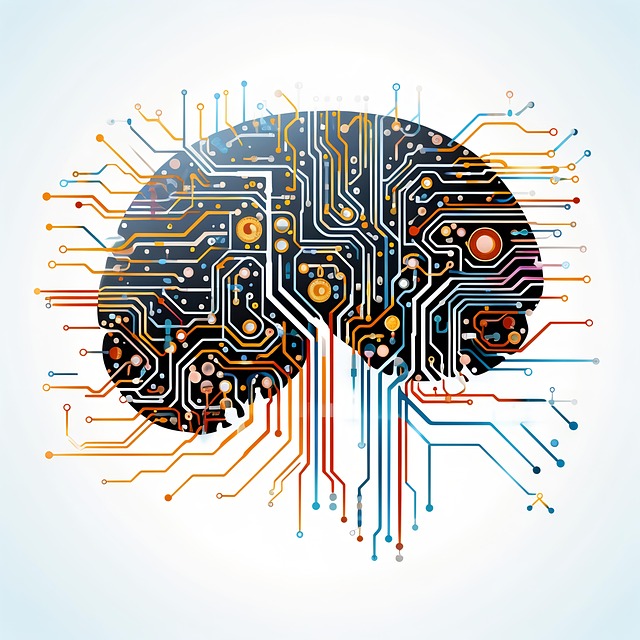Implementing AI systems in car repair shops boosts profitability by enabling faster, more accurate diagnoses via machine learning algorithms analyzing sensor data from ECUs. These tools streamline processes, reduce wait times, lower labor costs, and provide detailed repair recommendations. AI also powers predictive maintenance, optimizing service intervals, minimizing downtime, enhancing customer satisfaction, and balancing service costs through analysis of vehicle data.
In today’s digital era, car repair shops are exploring AI growth strategies to enhance efficiency and profitability. This article delves into three key areas where artificial intelligence is transforming auto repair: efficient diagnoses using AI systems, automating routine tasks to streamline workflows, and predictive maintenance for maximized repair profit. By leveraging these AI applications, shops can improve service quality, reduce costs, and stay competitive in the market.
- Implementing AI for Efficient Diagnoses
- Streamlining Workflows with Automated Tasks
- Predictive Maintenance: Boosting Repair Profitability
Implementing AI for Efficient Diagnoses

Implementing AI systems in car repair shops offers a game-changing approach to efficient diagnoses, ultimately enhancing profitability. These intelligent tools can rapidly analyze vast amounts of data from various sensors and electronic control units (ECUs) within a vehicle, enabling mechanics to pinpoint issues with greater accuracy and speed. By leveraging machine learning algorithms, AI systems can identify patterns and anomalies that might be overlooked by human experts, leading to more precise and cost-effective repairs.
With AI, auto repair shops can streamline their diagnostic processes, reducing the time spent on identifying problems. This efficiency translates into shorter wait times for customers and lower labor costs for the shop. Moreover, AI systems can provide detailed reports and recommendations, helping mechanics make informed decisions and ensuring that every repair is optimized for performance and longevity.
Streamlining Workflows with Automated Tasks

In today’s digital era, car repair shops can significantly enhance their profitability by embracing AI systems that streamline workflows and automate tasks. By implementing automated solutions for scheduling appointments, inventory management, and diagnostic procedures, auto repair businesses can optimize their operations and reduce human error. For instance, AI-powered software can analyze vehicle data to predict maintenance needs, allowing mechanics to proactively address issues before they become major repairs.
This automation not only accelerates service times but also improves accuracy, ensuring that every car that enters the shop receives personalized attention. As a result, repair shops can increase their throughput while maintaining high-quality standards, ultimately leading to improved customer satisfaction and enhanced operational efficiency. In terms of AI growth strategies, leveraging these automated tasks is a game-changer for achieving greater auto repair profitability.
Predictive Maintenance: Boosting Repair Profitability

Predictive maintenance is a game-changer for car repair shops, leveraging AI systems to boost profitability by minimizing downtime and optimizing service intervals. Traditional maintenance schedules often result in either excessive or insufficient service, leading to unnecessary costs or potential vehicle failures. However, AI algorithms can analyze vast amounts of sensor data from vehicles, identifying patterns and predicting when equipment or components are most likely to fail. This proactive approach allows mechanics to perform repairs and replacements precisely when needed, reducing costly emergency services and enhancing customer satisfaction.
By integrating predictive maintenance into their operations, repair shops can achieve a delicate balance between proactive service and cost control. AI systems not only help in scheduling maintenance tasks but also provide valuable insights into vehicle performance trends, enabling shops to offer more personalized and efficient services. This data-driven approach ensures that resources are allocated effectively, leading to increased profitability and improved relationships with customers.
AI growth strategies, such as efficient diagnoses, automated workflows, and predictive maintenance, are transforming car repair shops. By implementing these advanced technologies, shops can significantly enhance their operational efficiency and boost repair profitability. In today’s digital era, embracing AI systems is not just an option but a necessity for staying competitive and meeting the evolving demands of auto repair services.
